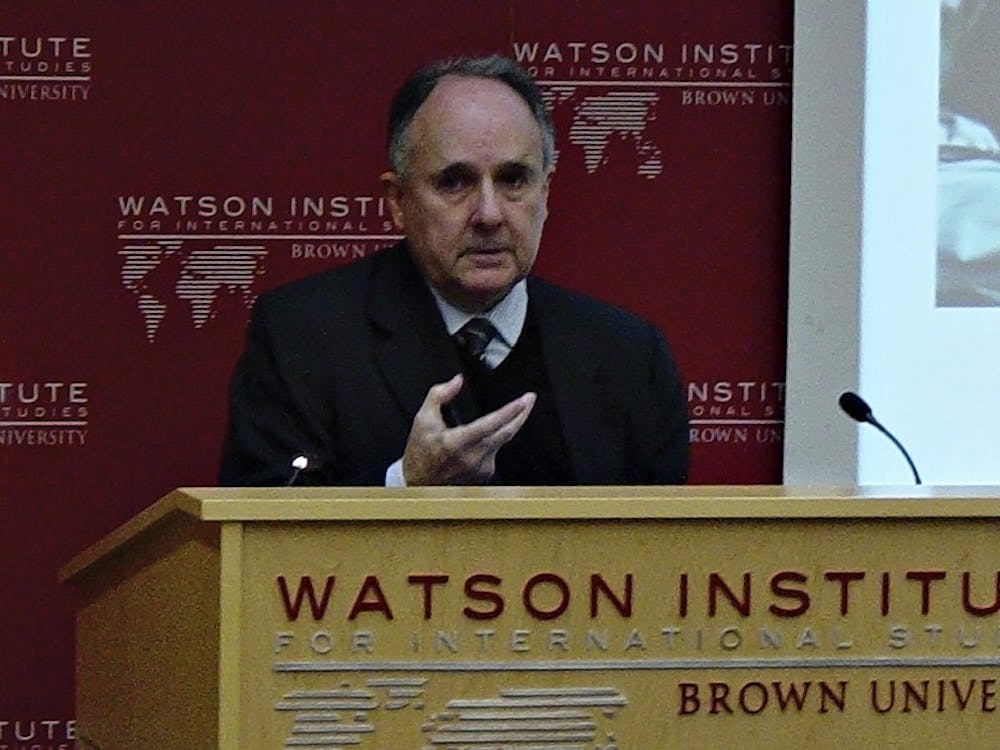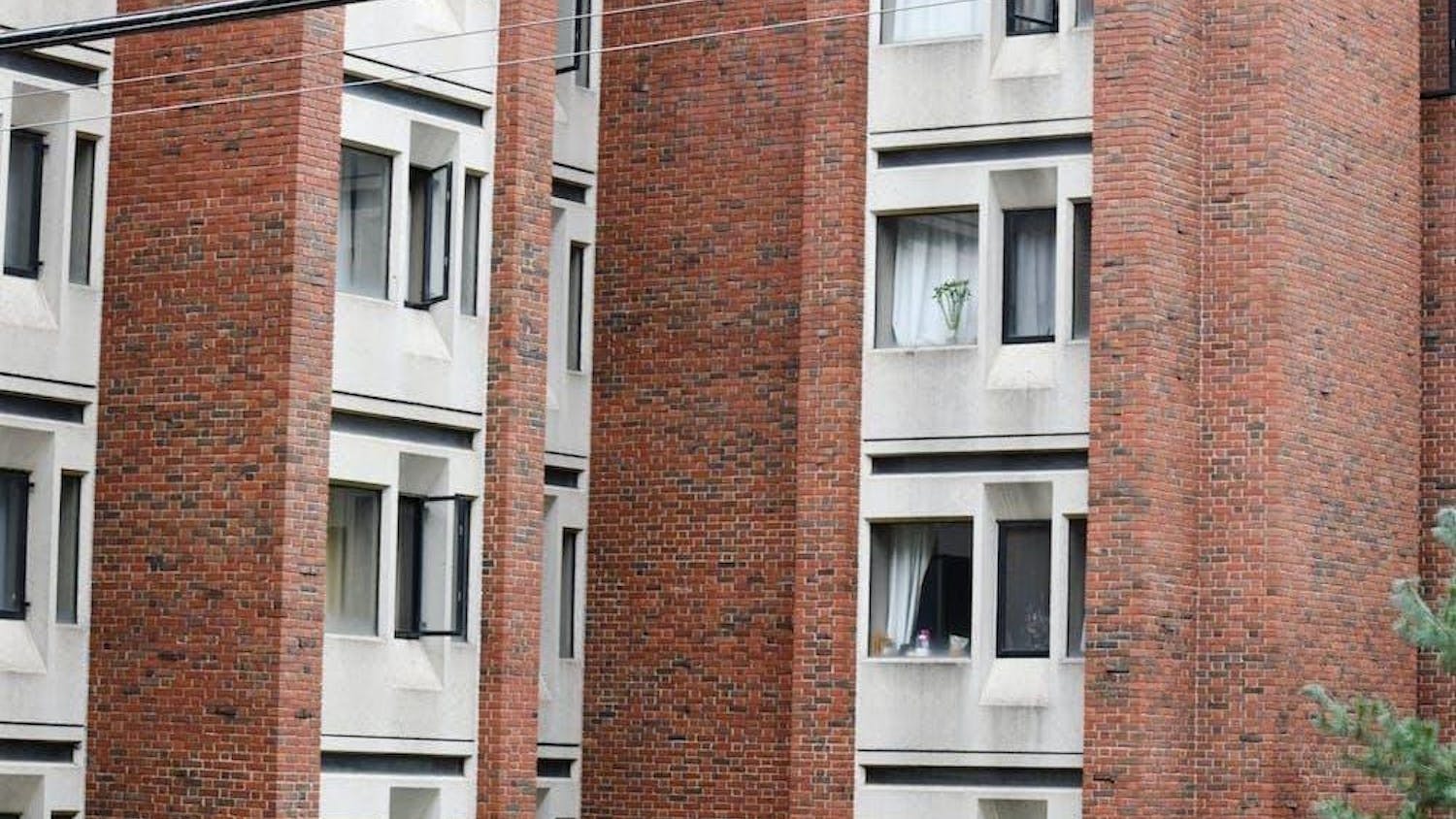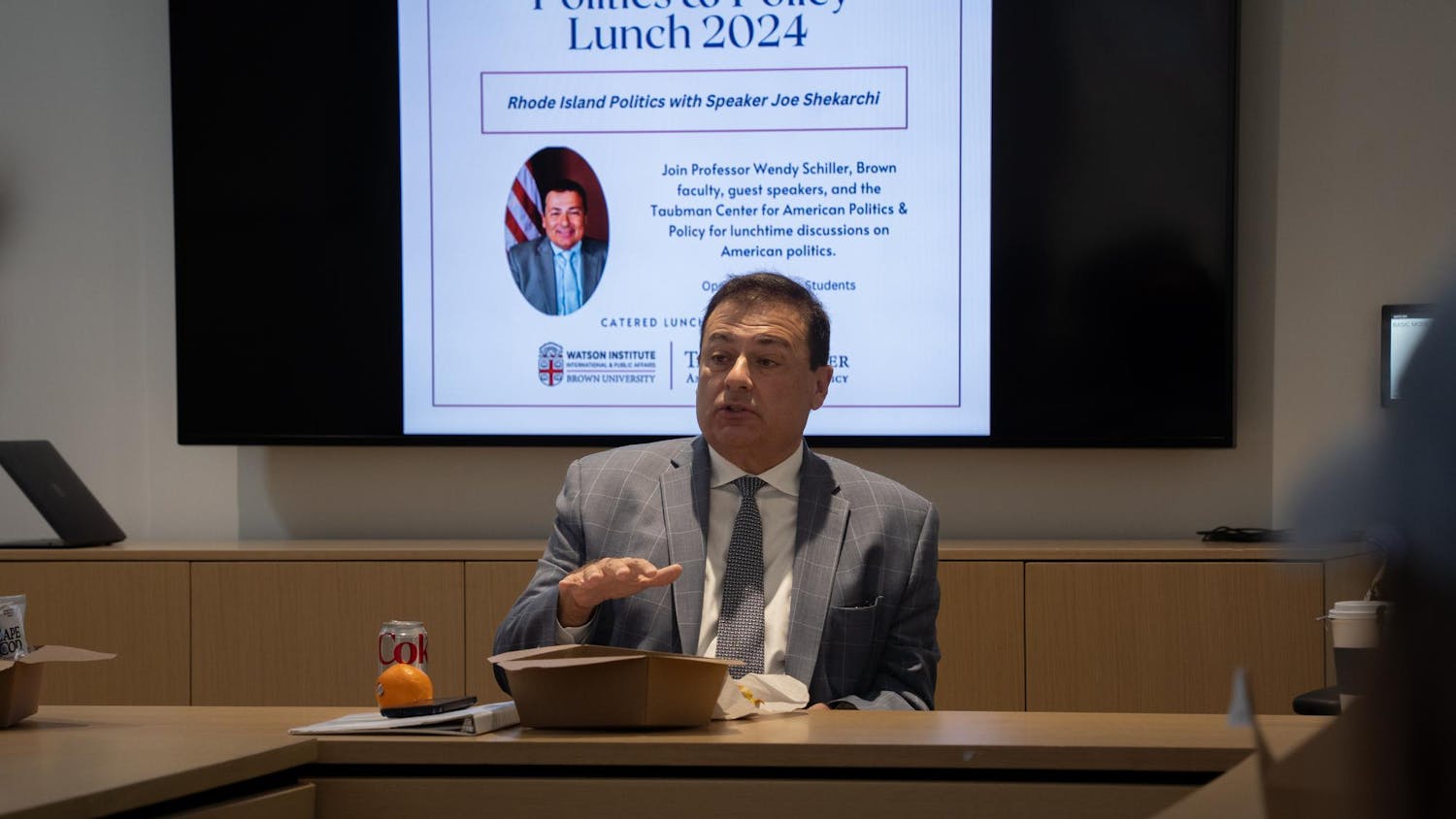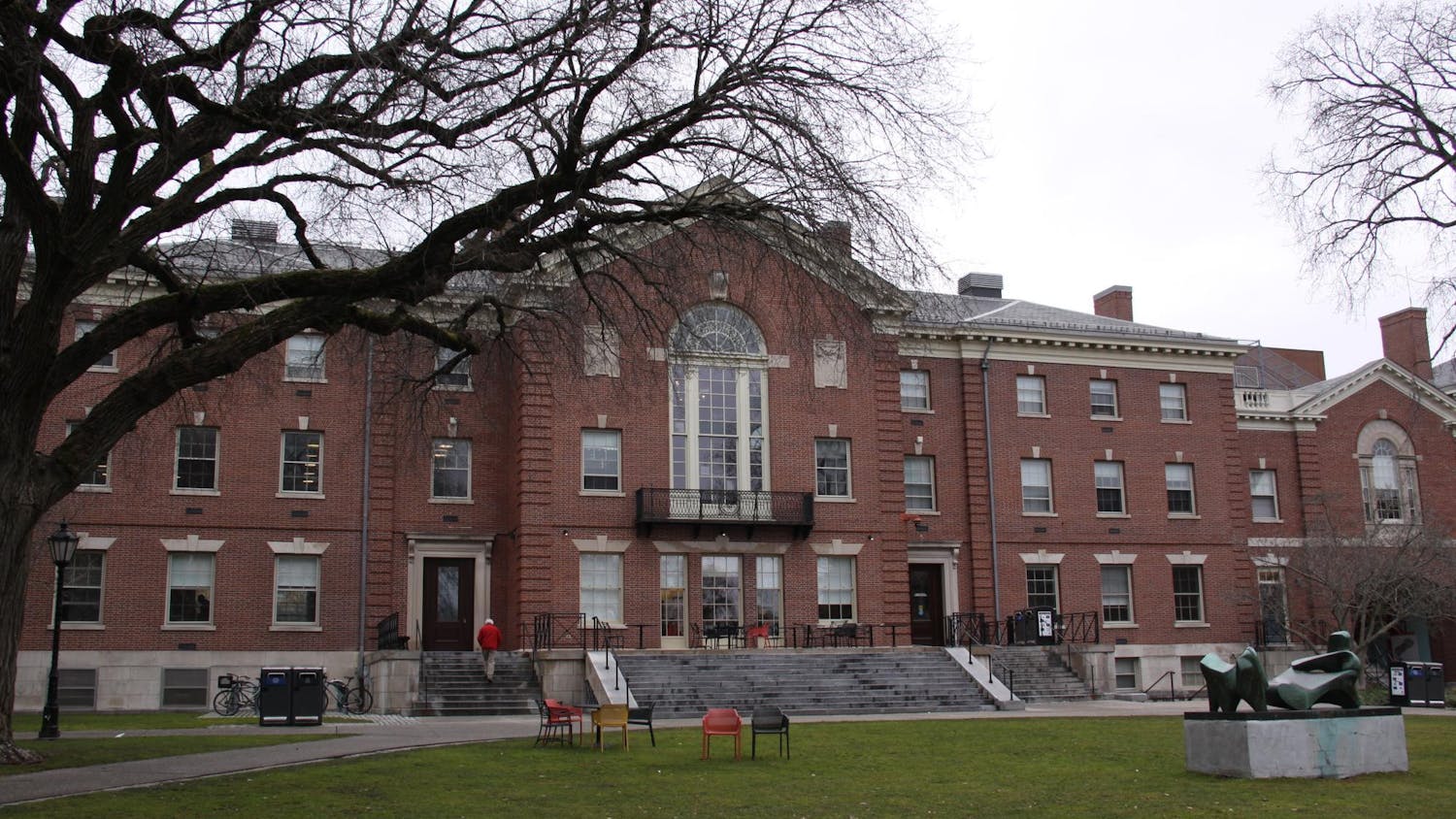The University is looking to strengthen its existing ties and form new connections with Brazil as part of a multi-step process of engagement, said Matthew Gutmann P’14, vice president for international affairs.
Gutmann highlighted the University’s commitment to new research initiatives in conjunction with Brazilian scholars, a move concurrent with a push from faculty members to make Brown a leading hub for Brazilian studies. The University’s pivot to focus on Brazil also comes amidst increased competition among elite American universities for attracting the rapidly growing country’s top students.
Last week, Gutmann traveled to Brazil to sign agreements with the Brazilian Federal Agency for Support and Evaluation of Graduate Education, known as CAPES, and the Sao Paulo Research Foundation, known as FAPESP. These and other future agreements will “make it easier for Brown scholars to work more closely with colleagues in Brazil,” Gutmann said.
The agreement with CAPES will bring a Brazilian scholar to Brown every year as a visiting professor, which is a “high honor for Brown in general, but particularly important with regards to Brazil,” he said.
The deal with the funding organization FAPESP will help enable research in areas including public health, urban studies and environmental studies, according to a University press release.
Gutmann’s visit makes the initiative more concrete, said Nelson Vieira, chair of the department of Portuguese and Brazilian Studies and professor of Portuguese and Brazilian studies.
“(Gutmann’s) efforts have really given us an impetus to move forward quickly as we can,” Vieira said.
The formalized agreements coincide with a proposal initiated last fall by James Green, professor of history, and other faculty members to make the University a center for scholarship on Brazil. Green’s proposal, officially titled “The Brazil Initiative,” was submitted for review last semester as part of the Signature Academic Initiatives process to draw up new research initiatives for the University, The Herald previously reported.
“The Brazil Initiative is a way of making Brown the best place to study Brazil outside of Brazil,” said Green, who teaches classes on Brazilian history and culture and is affiliated with the department of Portuguese and Brazilian Studies. The initiative is interdisciplinary, building bridges from humanities to social sciences to sciences, he added.
“In a way, the Brazil Initiative is a new focus that builds on an old focus,” Green said. The University has an “incredibly strong” reputation in this area, he added, citing the Portuguese language program and the Department of Portuguese and Brazilian Studies as among the “best in the country.”
“Brown’s relationship with Brazil goes back decades,” Gutmann said. “We’ve had campus leaders who have been leading efforts for a long time, and now some of them are coming together to make several new initiatives.”
Last September, 25 University scholars met to “make the Brazil Initiative a reality,” Vieira said. The initiative was led by Green, Leah VanWey, associate professor of sociology, and former department chair Luiz Valente PhD’83, professor of Portuguese and Brazilian studies, he added.
In the meeting, professors from various disciplines got to know one other and identified potential ways for the University to increase its involvement with Brazil, Green said.
Examples of ideas that came out of the meeting include studying environmental and social sciences related to the Amazon and “expanding Brown’s excellence in the study of literature and culture, through Brazilian film studies,” Green said.
There were several triggers for pushing forward the initiative now, Green said. For instance, peer institutions have begun to turn their attention to Brazil in the last three years, he said.
“We can’t just sit back and smell the roses,” Green said. “Brown must become more engaged. This includes deepening research connections with scholars and strengthening the program.”
Brown has a comparative advantage against other Ivies given its long history of Brazilian studies, Green added. Brazil also merits more attention than it gets worldwide, VanWey said.
“Brazil is this incredibly important world power, especially as of late,” VanWey said, adding that the country’s population makes it the world’s third largest democracy after India and the U.S. “It weathered the 2008 financial crisis better than us and has had dramatic economic growth with declining levels of inequality.”
Brazil offers much to learn, VanWey said. She added that another reason to partner with Brazil is its strong scholarship.
“Brazilian universities and professors are our equals,” she said. “We are not ‘studying down.’”
Part of the initiative is to bring more Brazilian students to Brown, Green said.
“Brazil has a very rich culture,” he said. “Bringing Brazilian students to Brown will enhance the international life of the University.”
“Brown is doing a good job of Brazilian activeness,” said Maria Bugane ’16, a student from Brazil. “They always have activities and events to keep interest and show Brown is active in Brazil.”
Bruno Zuccolo ’16, a student from Brazil and a Herald contributing writer, said he approves of the initiative.
“Like any process of internationalization and trying to reach out to a broader international community, the University would benefit by reaching out, whether it is Brazil or any other country,” he said.
The Admission Office will also focus on Brazil in coming years, The Herald reported Jan. 22. Jim Miller ’73, dean of admission, said his office has a finite number of recruiters who can travel worldwide to promote Brown, but that admission officers are keeping an eye on Brazil.
“There’s actually a decent number of students from Brazil, but there could be more,” Zuccolo said. There are several activities like Capoeira, a student group that performs the Brazilian martial art of its namesake, and a drumming group on campus to support Brazilian culture, he added.
Brown is not that well known in Brazil, said Marina Nascimento ’15, another student from Brazil. It is better known in American schools in the country, like the one she attended, she added.

ADVERTISEMENT




